1 Feb 2017 – 2 Jul 2017
Künstlerhaus Mousonturm
Hamburg and Frankfurt/Main, Germany
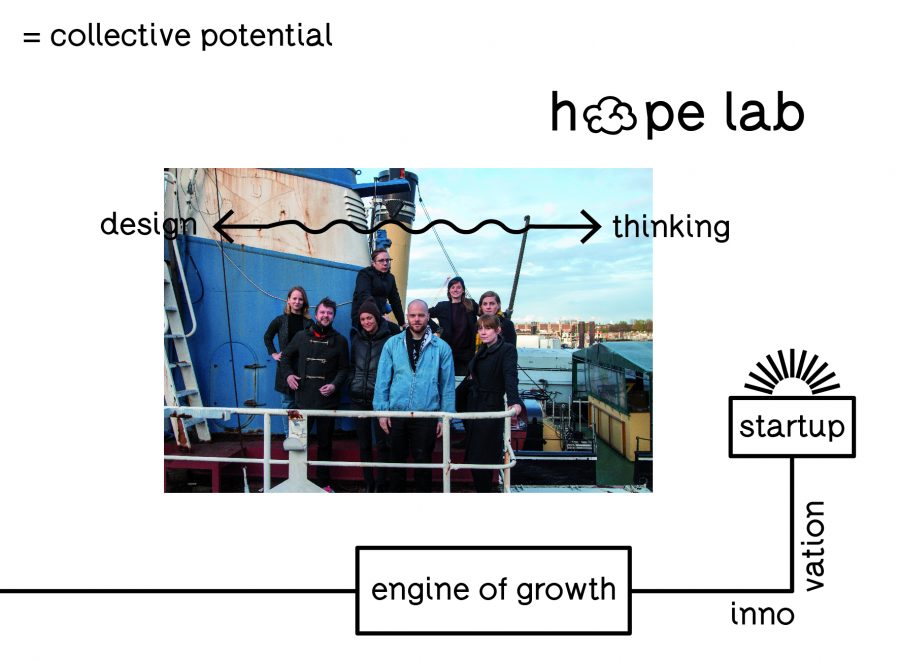
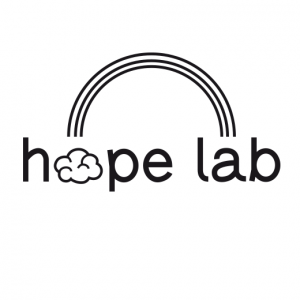
The hope lab hub for problem solving is also home to a number of innovative product solutions to common festival problems. The pavilion features a built in hotel room for weary travelers and opportunistic lovers, an “un-workshop” space for irregular workshops that break the mould, a merch shop that re-energizes past festival waste and a revolutionary information desk that measures and nurtures the hopefulness of festival attendees – oh and you can pick up your festival pass here too.
NODEsurfing aims to connect artists from all over the world with the local community to provide housing for those traveling from far. It offers the opportunity for a lively exchange with the creative minds gathering at NODE17.
Not certain if you or others are actually hopeful? The Hope Beacon is a wearable device that measures the hopefulness of NODE attendees. Upon detecting significant hope, the Hope Beacon flashes to alert you and others nearby, so they can engage with you and share in your hopefulness. By simply reflecting your hope to others the Hope Beacon propagates hopefulness and hopeful dialogue throughout the festival.
Most festivals are run from the top down. There’s little room for community exchange outside the official schedule. Unworkshops are inspired by the now popular unconference, where the community self organizes to share knowledge and expertise. Any participant at NODE17 is invited to contribute spontaneous and/ or prepared workshops, talks and discussions during the festival. hope lab will provide a big space with a beautiful screen, great sound and a system for you to openly schedule and share your Unworkshops across the festival.
Not sure about this hope thing? Feeling overwhelmed? Tired? The NOPE beach is a place for everyone else. Hope can be exhausting. Relax, grab a NOPE towel from the hope pavilion merch shop and re-charge your batteries at NOPE beach.
What if you too could start something as hopeful as NODE festival in your own neighborhood? The HOPE kit is a deck of cards and an easy step by step process that helps you create your own NODE wherever you are. Self organization, collaboration and knowledge sharing are the seeds of hope. Help spread hope far and wide, a hopeful future starts with you.
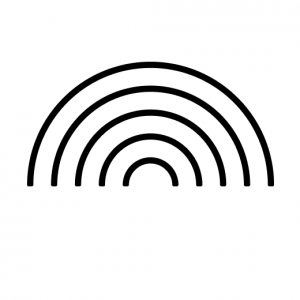
The HOPE lab is part of a two-folded project investigating new means and media for social exchange, dialog and critical debate. For further information see our journal post on this! The whole research process was made possible thanks to the support by experimente#digital by Aventis Foundation.
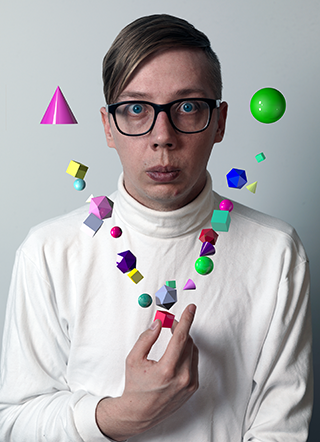
Toronto, Canada
jeremybailey.netSince the early noughties Bailey (CA) has ploughed a compelling, and often hilarious, road through the various developments of digital communications technologies. Ostensibly a satire on, and parody of, the practices and language of “new media,” the jocose surface of Bailey’s work hides an incisive exploration of the critical intersection between video, computing, performance, and the body.” (Morgan Quaintance, Rhizome) Recent projects include performances for Rhizome’s Seven on Seven in New York, The Stedelijk Museum in Amsterdam and Tate Liverpool.
His work has been shown widely including recent solo shows at Transmediale in Berlin, and group shows Mediamatic in Amsterdam, Museums Quartier in Vienna and Balice Hertling in Paris. Recent commissions include projects for the Southbank Centre in London, FACT in Liverpool, Turner Contemporary in Margate UK, and The New Museum in New York. Bailey is represented by Pari Nadimi Gallery in Toronto.
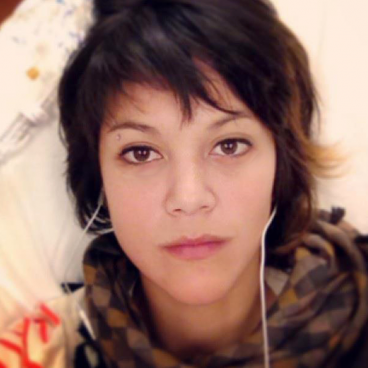
Brooklyn, NY
lauren-mccarthy.comLauren McCarthy is an artist, programmer and social engineer based in Los Angeles and Brooklyn. In her work she examines the potential of technologies like social media to create positive social interaction. She makes software, performances, videos, and other things on the internet.
Lauren has exhibited at Ars Electronica, Conflux Festival, SIGGRAPH, LACMA, Onassis Cultural Center, IDFA DocLab, and the Japan Media Arts Festival, and worked on installations for the London Eye, US Holocaust Memorial Museum, and the Metropolitan Museum of Art. She holds an MFA from UCLA and a BS Computer Science and BS Art and Design from MIT.
She is an Assistant Professor at UCLA Design Media Arts. She was previously a resident at CMU STUDIO for Creative Inquiry, Eyebeam, NYU ITP, and Ars Electronica / QUT TRANSMIT.
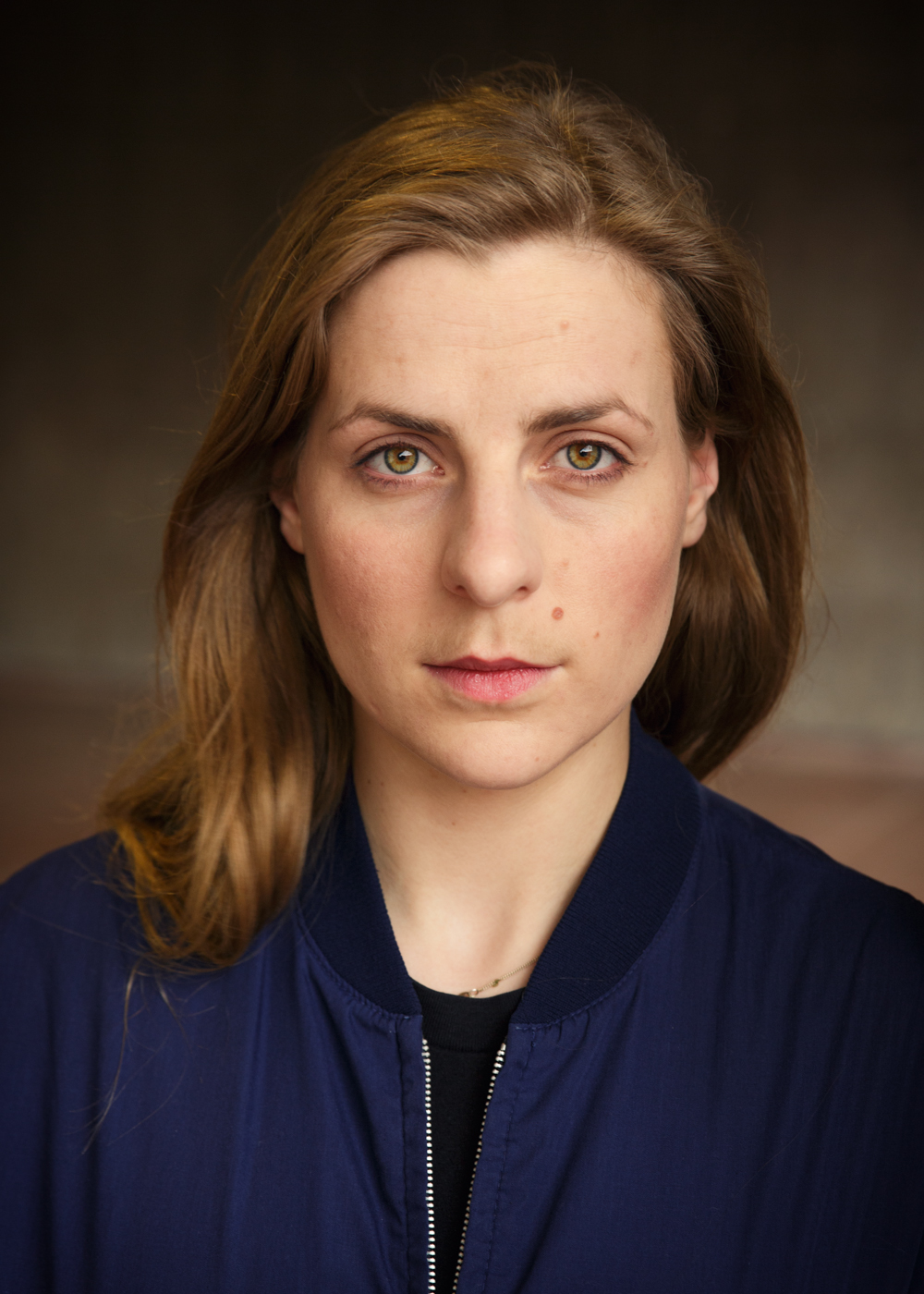
Hamburg, Germany
Kathia von Roth is a Hamburg (D) based artist, activist and social engineer. Since her studies in theatre direction (graduated B.A. in 2013) she has been combining methods of theatrical play and performance with tools of analogue game design. In her work she is setting up physical and/or conceptional formats of temporary ‘utopian zones’ for collaborative creation, from immersive theatre spaces built on fictional storytelling to gamified working structures in the context of festivals, conferences and collective art work. By using the save environment of a game format, she is enabling the “spectators” to bypass the fear of failing and a subservient insecurity to act. In this, she is creating realms of experience that cause alterness and a change of behaviour in its participants and can therefore take effect into so called reality.
In her work, Kathia von Roth is consulting a possible revolution, deeply believing in a post-competitive future.
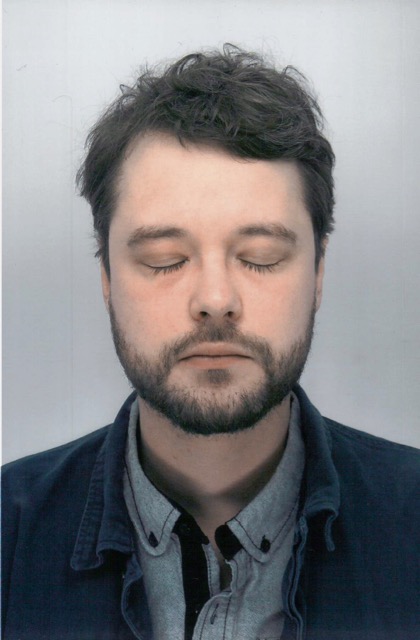
Cologne, Germany
fleg.deFlorian Egermann’s (D) work addresses the transformative impact of technology on both a personal and the society level. His objects, performances and installations are mostly devoid of technology, but question the behavioral patterns shaped by it.
As a member of art groups, he has co-created several participative projects on the borderline of art, activism and social work. He is a founding member of „wielebenwir e.V.“, an association that creates and runs sustainable urban projects.
International performances, exhibitions and workshops („vvvv“, performances), lectures and workshops for sustainable grass-root projects.
He lives & works as an artist, activist and astronaut in Cologne.
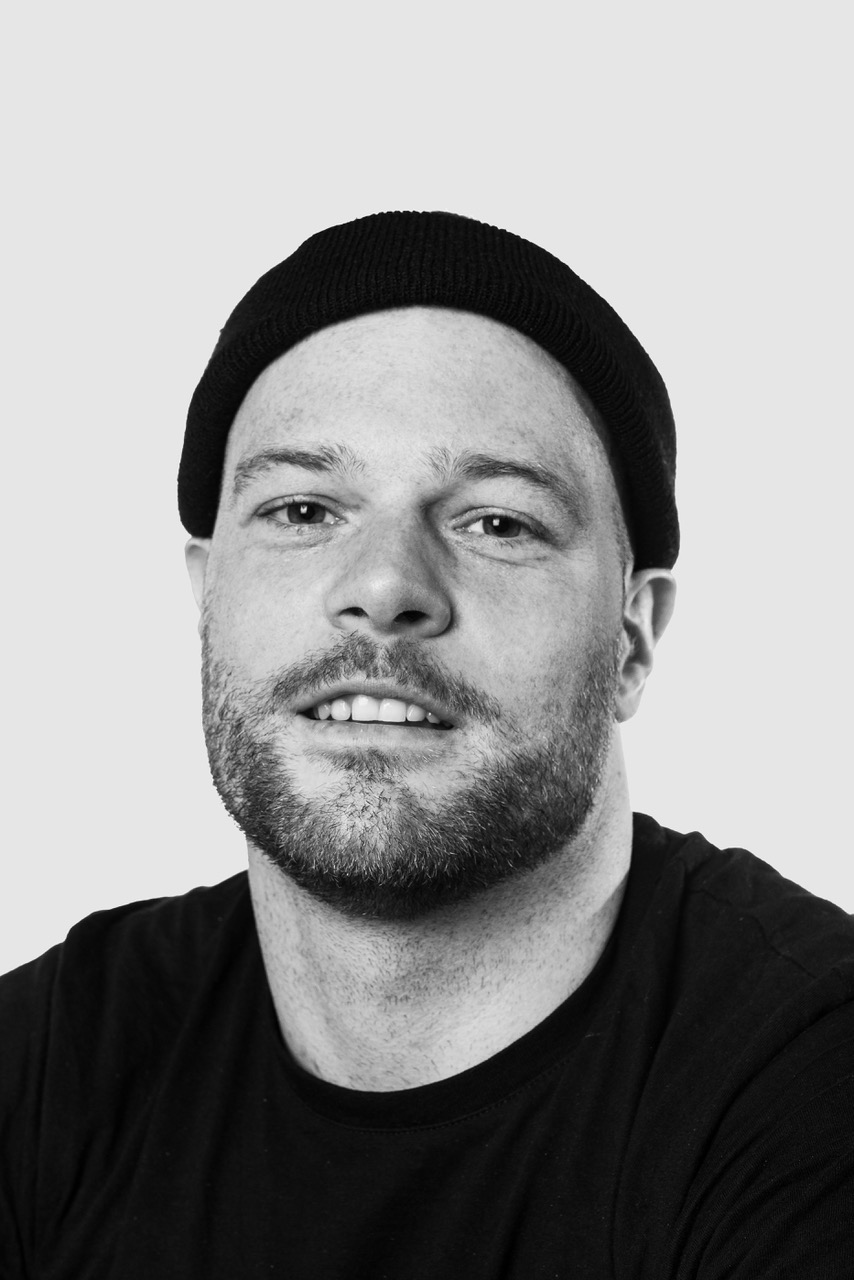
Frankfurt, DE
bureau069.deFelix Kosok is a design researcher and graphic designer. He received his doctorate in 2020 from the HfG Offenbach on the aesthetic-political dimension of design. In addition to research, he is himself active in design with Bureau069, founded in Frankfurt. Felix Kosok has received many awards for his work. Since 2021, Felix Kosok has been Associate Professor for Graphic Design and Design Theory at the German International University Berlin as well as on the board of the German Designer Club (DDC).
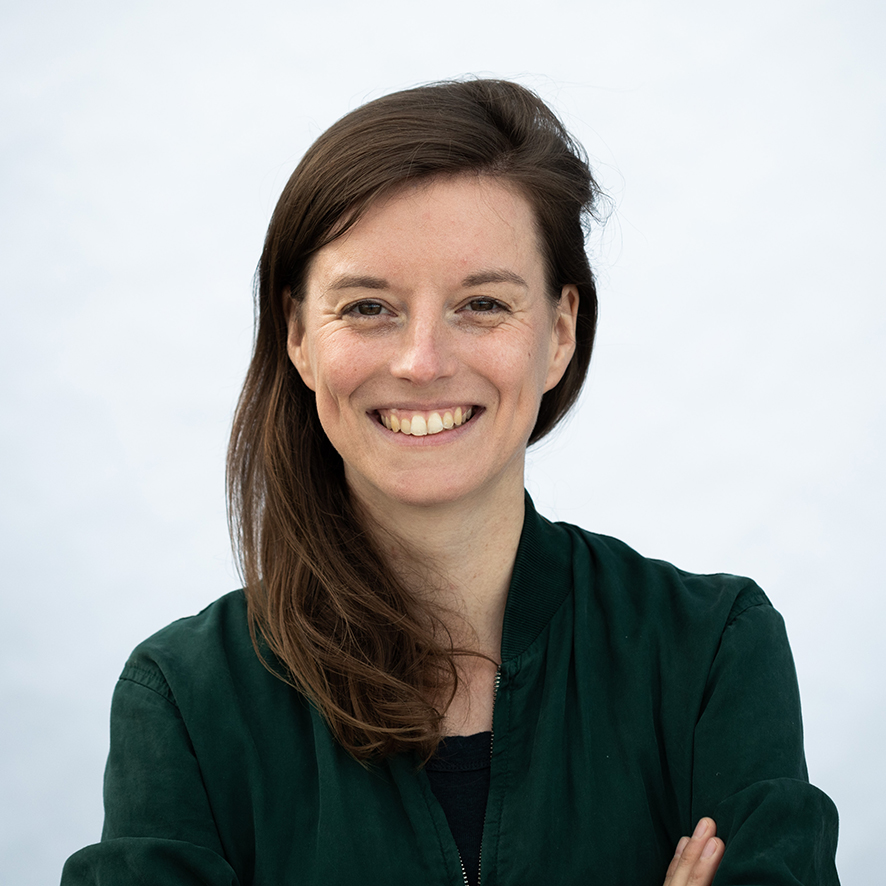
Artistic Director, Board, Managing Director
Curator, Dramaturg
jeannevogt.de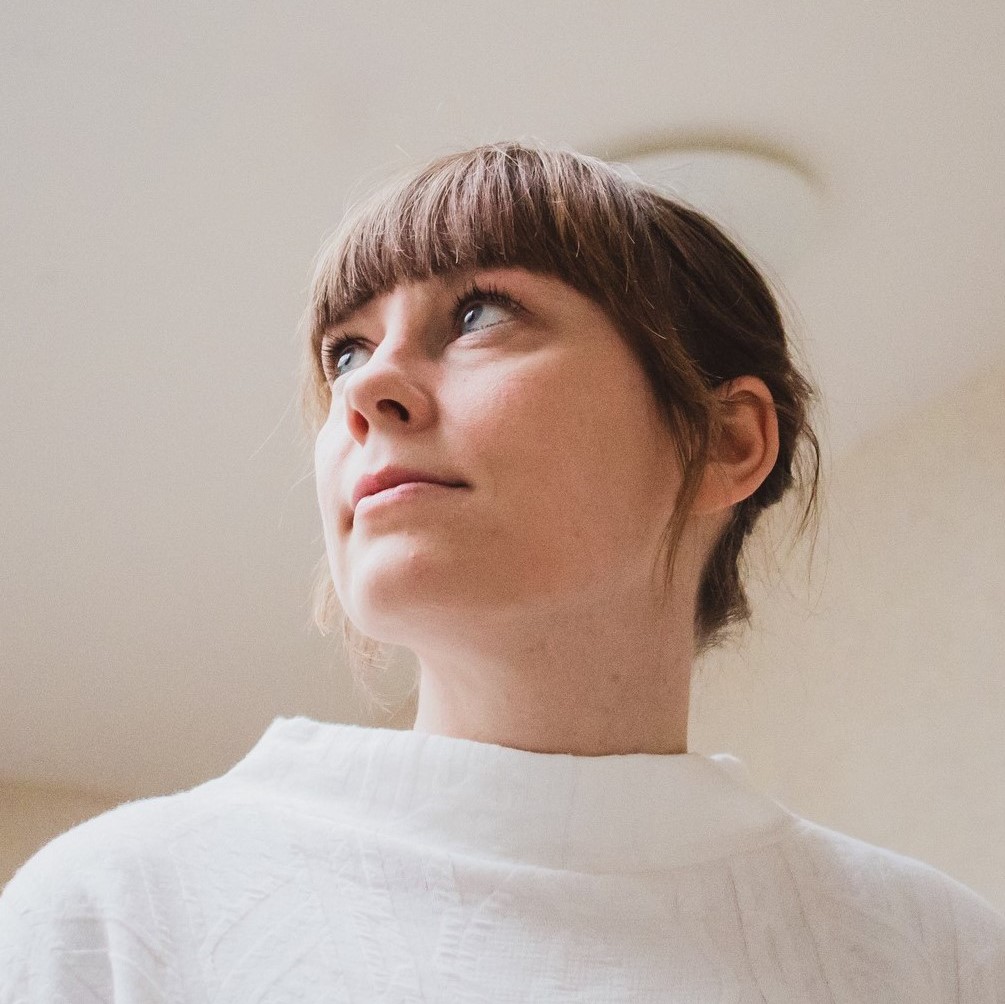
Curator, Team Digitale Welten
Arthistorian, Curator, Developer, Researcher
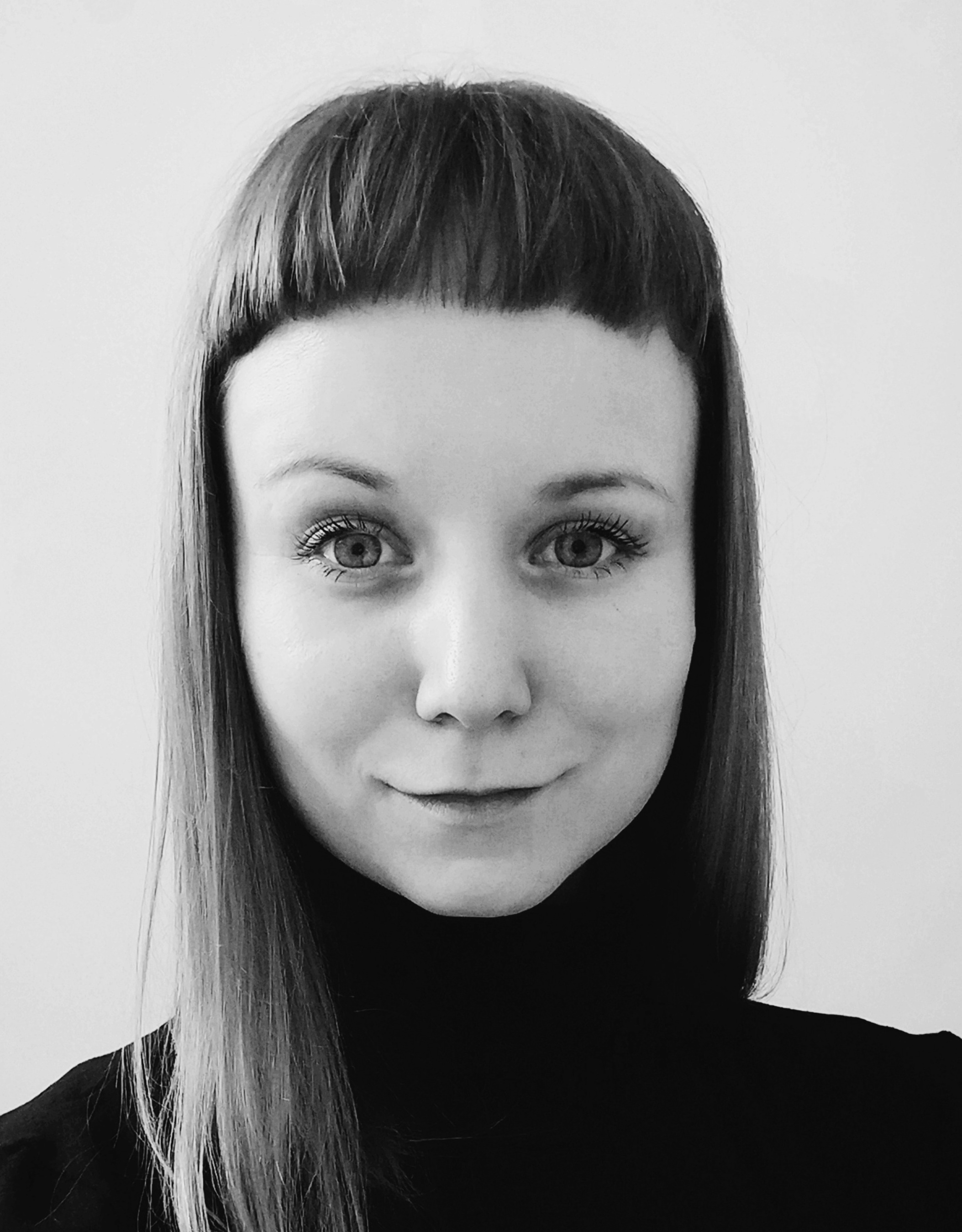
Speaker Management
Artist, Project Manager